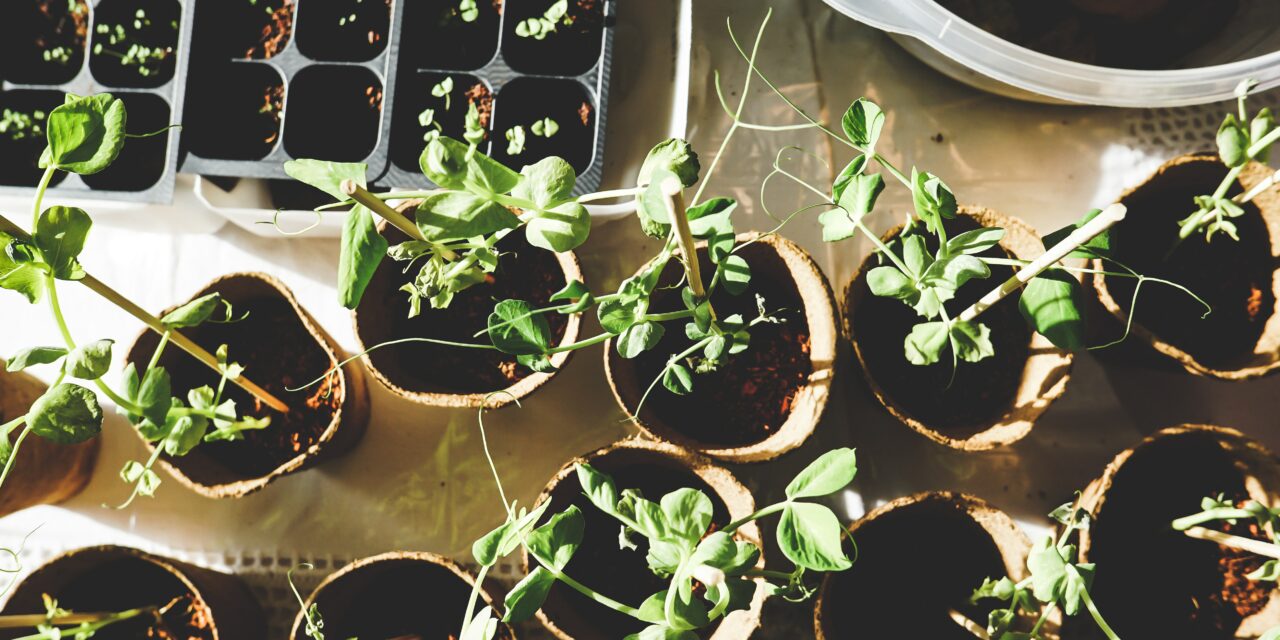Water falls from the sky to water our lawns and gardens, but it’s also put to use on purpose through irrigation. This month on “Wonderful Water,” join 97.9 The Hill’s Brighton McConnell for a conversation with Mary Tiger, OWASA’s strategic initiatives manager, and Chris Liloia, curator of the Habitat Gardens at the North Carolina Botanical Garden, about community-wide efforts to be more water-conscious in terms of not just usage, but application of one of our most precious resources.
“We do live in a water-rich area, but water conservation is still really important to protect our natural resources,” said Tiger. “Particularly one as important as water supply for our community. We has a couple droughts in the early ’00s — 2001, 2002, 2007, 2008. Our community during those droughts really made great strides at reducing water use, and we’ve seen that pattern continue enough into today to say that it’s pretty ‘baked in’ to our community here, water conservation. It’s a great thing for our community and the environment.”
Water conservation isn’t just for drought season either, according to Tiger. Thinking strategically about usage and attempting to conserve where possible has net benefits for both consumers and OWASA.
“When folks save water, they save energy,” said Tiger.” It takes a lot of energy to pump and treat drinking water, it also helps defer costs for the utility. We size a lot of our capital to meet demand, so when folks use less water, that big infrastructure doesn’t have to be as big, and we can defer some of the costs of getting additional supply.”
The Habitat Gardens at the North Carolina Botanical Garden consists of a native plant collection representative of regions in the Southeast, from mountain hills to the Piedmont all the way to North Carolina’s coastal plains. The NCBG also works with management of natural areas, rare plant conservation and educational programs, according to Liloia. But it doesn’t take a botanist to smartly care for plants!
“You want to think about how you’re watering and when you’re watering,” said Liloia. “When you water less frequently, and more deeply, this allowed plants to establish good, healthy root systems, which will keep them doing well when we hit those hot, dry periods. … If you’re watering in the heat of the day, you’re losing a lot of water to evaporation — you want to water early in the morning, or late in the evening, so that the water is doing the most good.”
We got to stop by @WCHLChapelboro today. Tune in at 5:30 to hear more about tracking your water use with Agua Vista and what native plants can help a little water go a long way in your landscaping thanks to our friends at @NCBotGarden! pic.twitter.com/QiN08FVyfN
— Orange Water & Sewer (@OWASA_NC) June 7, 2022
You can listen below to the full conversation below, and visit the Wonderful Water page here for more interviews and stories about the work OWASA does in our community.
 Chapel Hill and Carrboro residents use roughly 7 million gallons of water a day, and “Wonderful Water” is a monthly conversation sponsored by the Orange Water and Sewer Authority highlighting its work to keep our community growing and water flowing.
Chapel Hill and Carrboro residents use roughly 7 million gallons of water a day, and “Wonderful Water” is a monthly conversation sponsored by the Orange Water and Sewer Authority highlighting its work to keep our community growing and water flowing.


